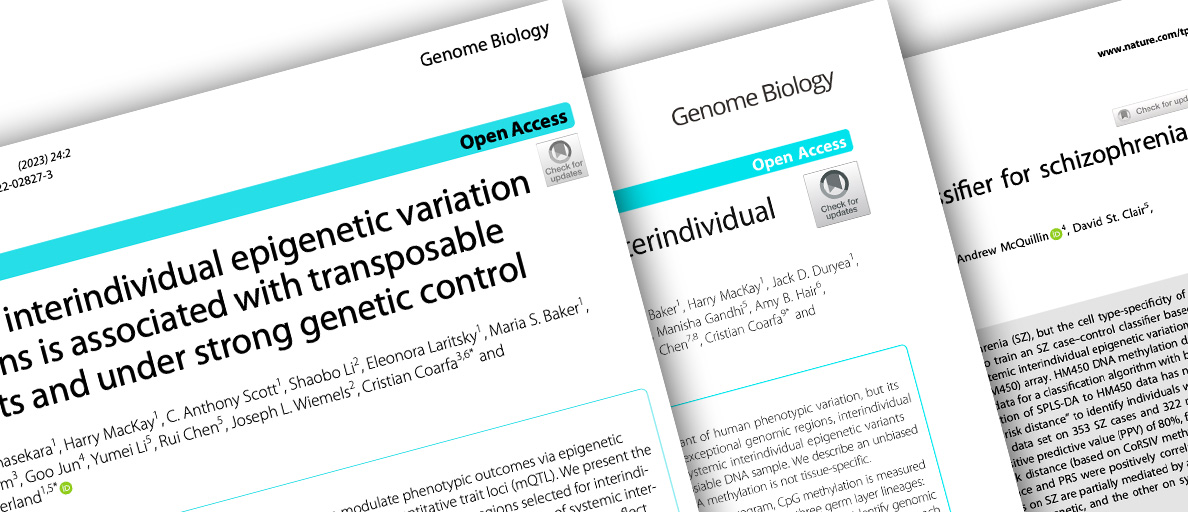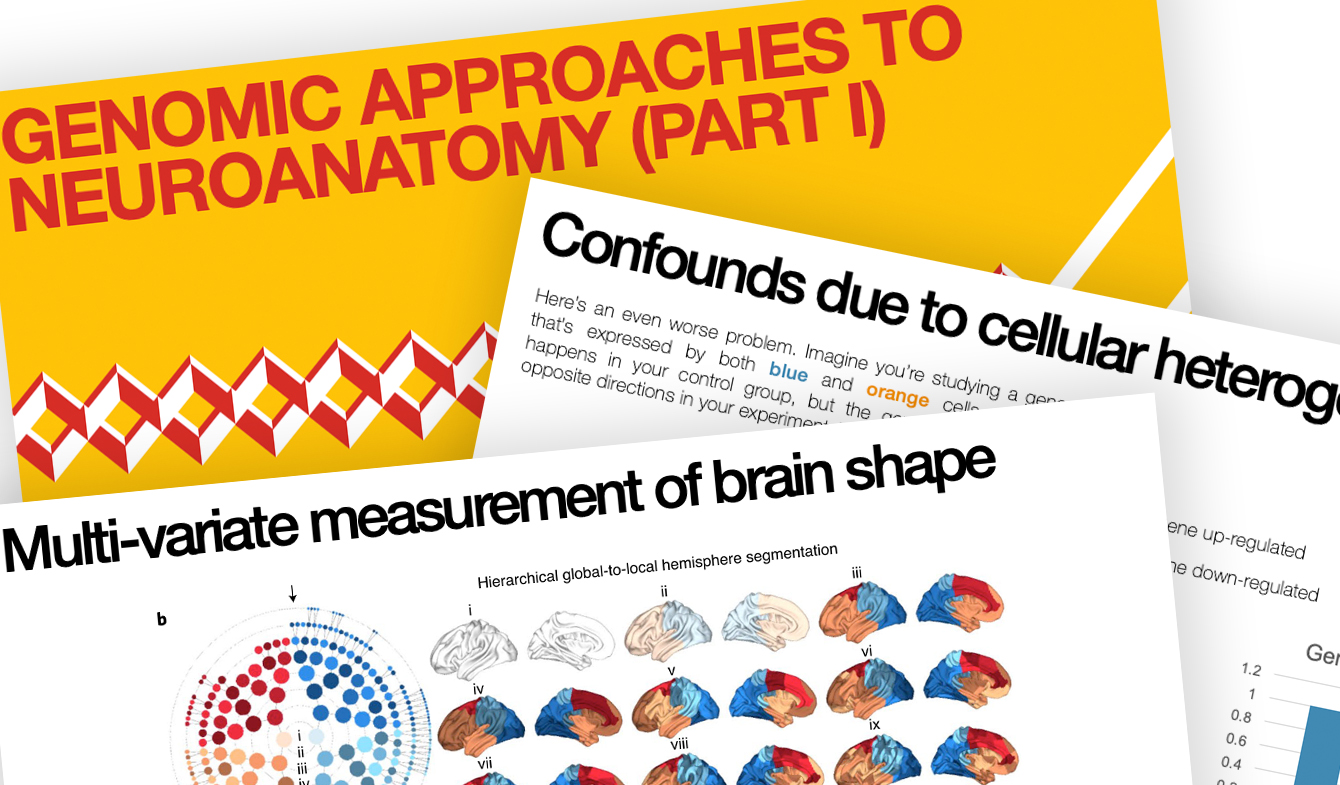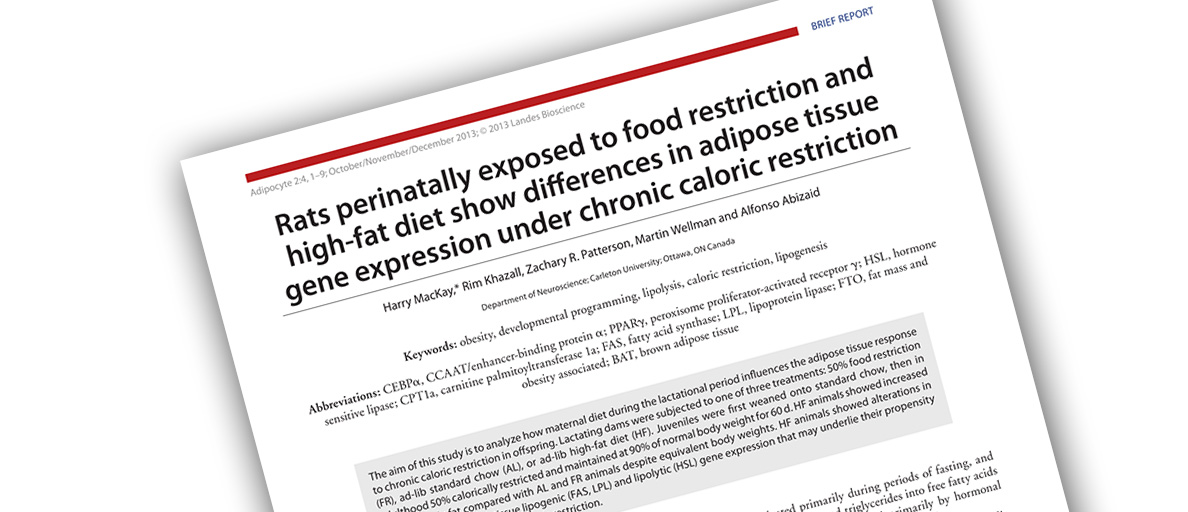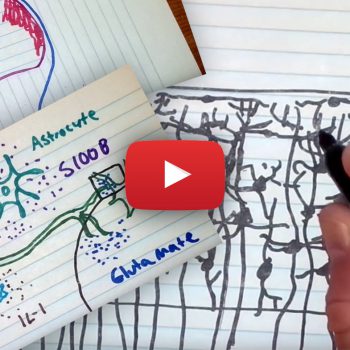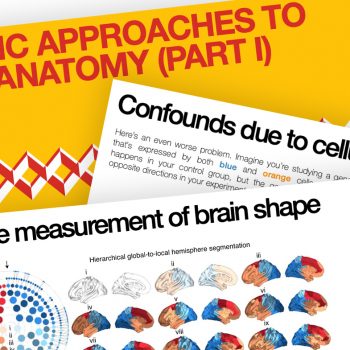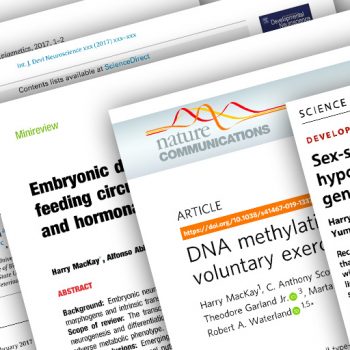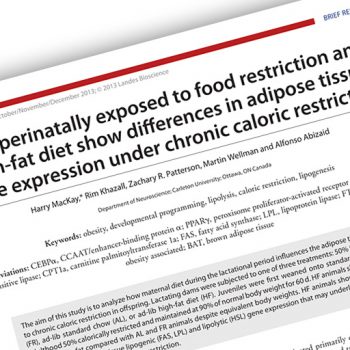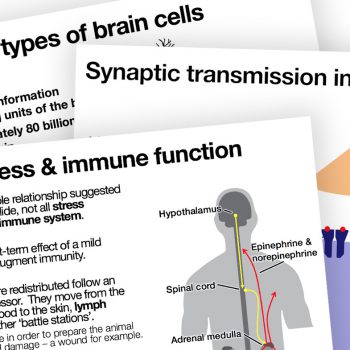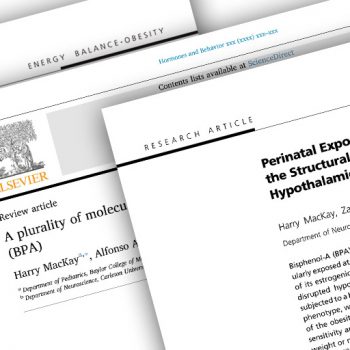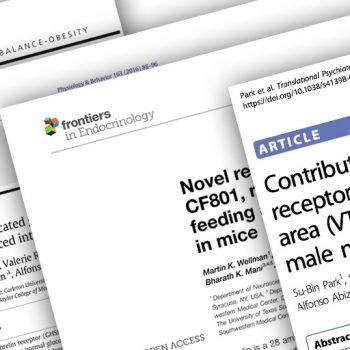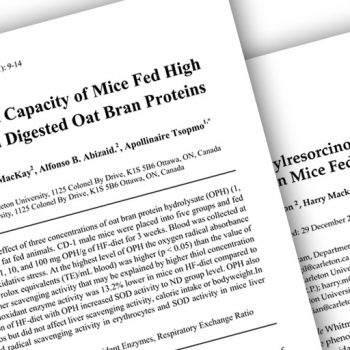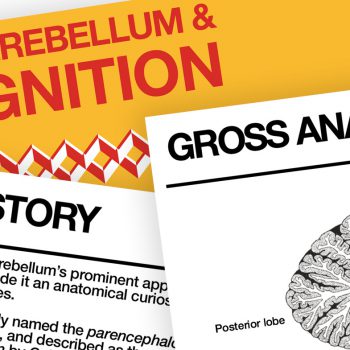Among epigenetic marks that show any variation at all, most of that variation is cell type-specific. This is consistent with our general understanding that epigenetic mechanisms mediate cell type differentiation, helping cells turn genes on or off in a way that is appropriate to that cell’s lifestyle. Because of this, our conclusions on the relationship between epigenetics and human disease are always limited by the tissue we have access to. It is extremely difficult to make claims about epigenetics in the brain, for example, when the only tissue you have access to is peripheral blood.
In the Waterland lab, where I was a postdoc from 2015-2021, our goal was to uncover epigenetic marks that are highly variable between individuals, but also highly correlated within the various tissues in the same individual. These are marks that you can read in peripheral tissues such as blood or buccal cells, and know with a very high degree of certainty the methylation state in internal, hard to reach tissues like heart or brain. These may be key to uncovering the relationship between epigenetics, early-life conditions, and later disease, and since they can be assayed in easily-obtained tissue, form a natural starting point for epigenome-wide association studies.
Relevant Papers:
Gunasekara, C. J., Scott, C. A., Laritsky, E., Baker, M. S., MacKay, H., Duryea, J. D., … Waterland, R. A. (2019). A genomic atlas of systemic interindividual epigenetic variation in humans. Genome Biology, 20(1), 105.
C. J. Gunasekara, E. Hannon, H. MacKay, C. Coarfa, A. McQuillin, D. S. Clair, J. Mill, R. A. Waterland, A machine learning case–control classifier for schizophrenia based on DNA methylation in blood. Transl. Psychiatry. 11, 1–10 (2021).
C. J. Gunasekara, H. MacKay, C. A. Scott, S. Li, E. Laritsky, M. S. Baker, S. L. Grimm, G. Jun, Y. Li, R. Chen, J. L. Wiemels, C. Coarfa, R. A. Waterland, Systemic interindividual epigenetic variation in humans is associated with transposable elements and under strong genetic control. Genome Biol. 24, 2 (2023).

